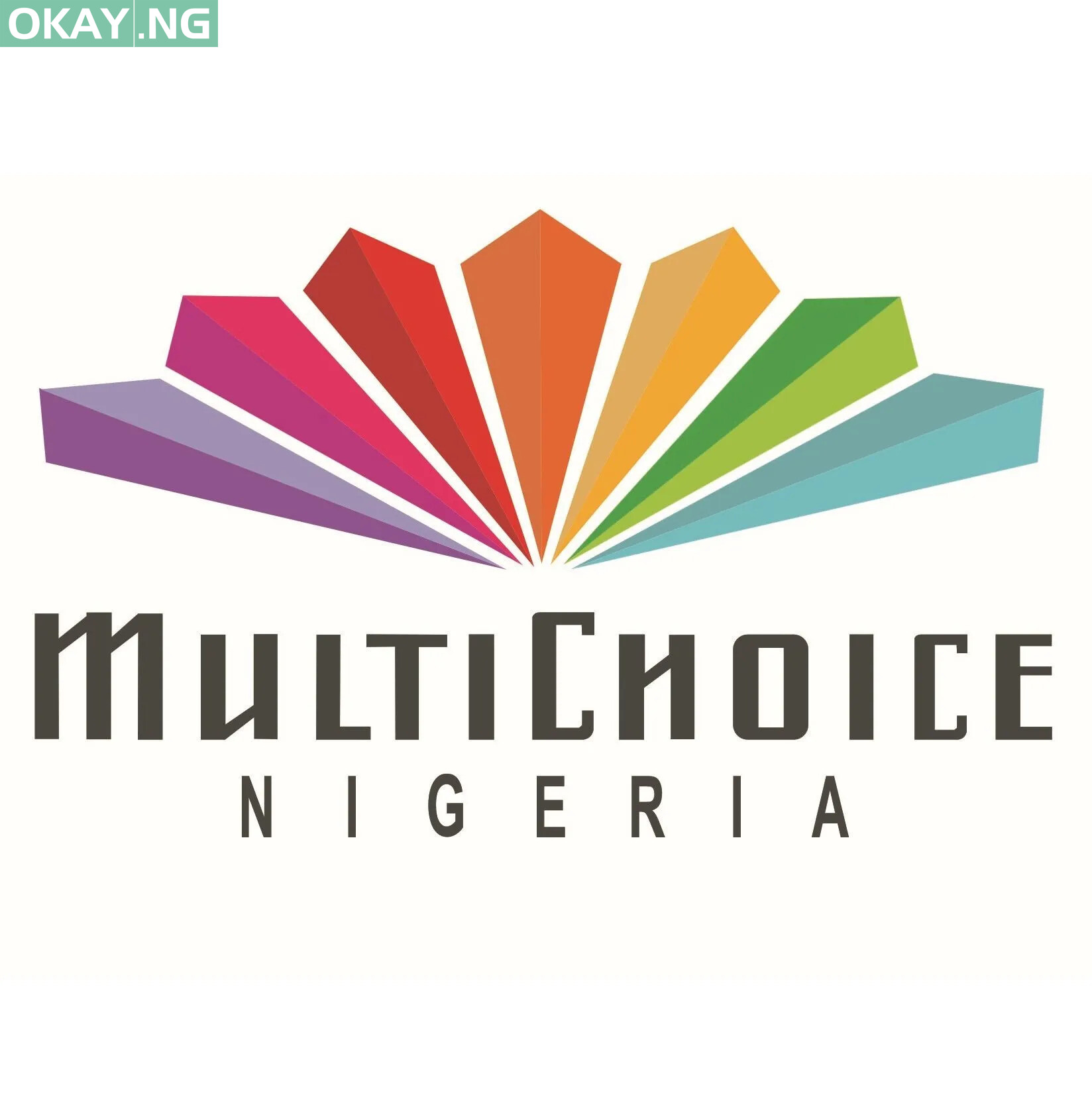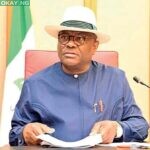The Federal High Court in Abuja has scheduled May 8, 2025, for a pivotal judgment that will determine the legal boundaries of price regulation in Nigeria’s pay-TV sector, specifically concerning MultiChoice Nigeria’s recent DStv and GOtv price increases. This decision follows intense legal arguments between MultiChoice and the Federal Competition and Consumer Protection Commission (FCCPC).
Justice James Omotosho set the judgment date after hearing detailed submissions from both parties, marking a crucial moment for consumers and the regulatory landscape. The core of the dispute revolves around the FCCPC’s authority to intervene in MultiChoice’s pricing strategies, which have drawn widespread public criticism.
The legal battle began when MultiChoice, through its lawyer Moyosore J. Onibanjo (SAN), secured an interim order restraining the FCCPC from taking “any administrative steps” against the company following its announcement of price hikes. These increases, slated for March 1, 2025, included substantial adjustments to popular packages:
- DStv Compact: Increased from N15,700 to N19,000 (25% rise).
- DStv Compact Plus: Increased from N25,000 to N30,000 (20% hike).
- DStv Premium: Increased from N37,000 to N44,500 (20% increment).
- GOtv Supa Plus: Increased from N15,700 to N16,800.
These increases, coming less than a year after a previous hike in May 2024, ignited public outcry, with many Nigerians expressing frustration over the perceived lack of competition in the pay-TV market.
The FCCPC, concerned about potential abuse of market dominance and anti-competitive practices, summoned MultiChoice to explain the rationale behind these price adjustments. “We are mandated by law to protect consumers from unfair practices,” stated Prof. Joe Agbugu SAN, FCCPC’s counsel, emphasizing the commission’s role in regulating dominant market players when their actions impact Nigerian consumers. “The FCCPC can set an ‘authorized price’ against a dominant player in line with provisions in the FCCPC Act.”
Read Also: MultiChoice Faces Legal Storm as FCCPC Escalates Price Hike Dispute
However, MultiChoice’s legal team, led by Onibanjo, argued that Nigeria operates a free-market economy, asserting that the FCCPC lacks the authority to regulate prices. “Nigeria operates a free-market economy where the prices of goods and services are not regulated,” Onibanjo argued, stating that the FCCPC Act does not empower the Commission to regulate prices or require businesses to obtain approval before adjusting service costs. He further described the FCCPC’s concerns about excessive pricing as an “afterthought.”
Prof. Agbugu countered, explaining that MultiChoice had acknowledged the FCCPC’s supervisory role by notifying them of the impending price increases. He stressed that the FCCPC was not attempting to fix prices but rather to investigate potential abuses of a dominant market position. “There was no issue of price regulation or fixing at the time MultiChoice initiated the legal action,” he clarified.
The ongoing dispute highlights the delicate balance between fostering a competitive market and protecting consumer interests. As Nigerians await the court’s decision on May 8, 2025, the outcome will have far-reaching implications for the pay-TV industry and the broader regulatory landscape in Nigeria. The judgment will clarify the extent of the FCCPC’s powers and set a precedent for future market interventions.
The planned price increases has generated large amounts of negative feedback from consumers online, with many expressing concern over the growing cost of entertainment. I have personally seen many discussions on social media platforms decrying the increases, and also the lack of alternative services. This highlights the emotional impact that this situation has on consumers.













